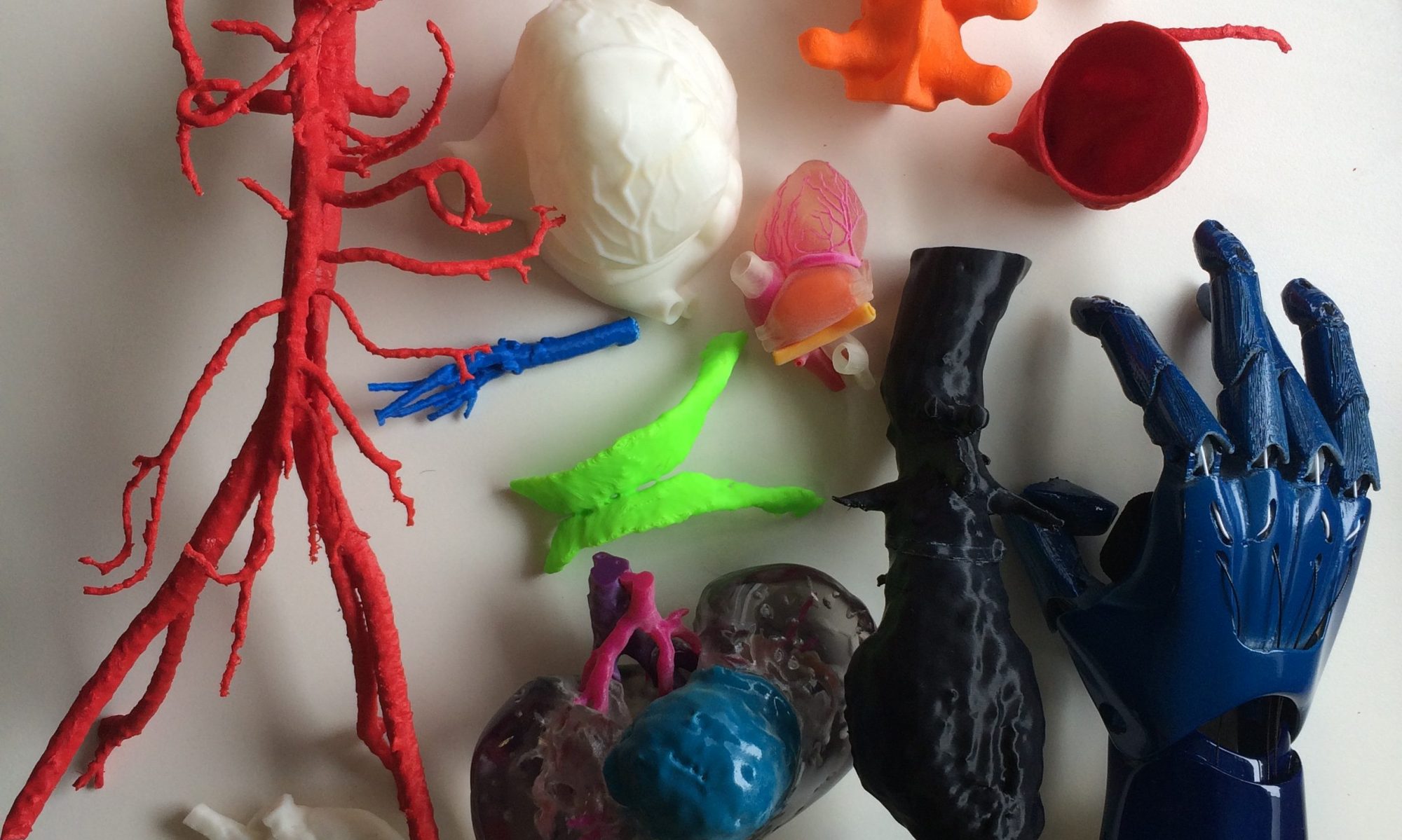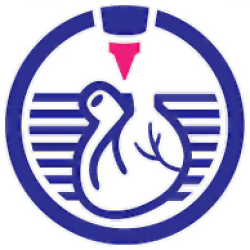This post is reproduced from the ResBaz Blog Entry #3DMed Wrap-Up.
#3DMed Wrap-Up
It was only a few months ago that Mr Jason Chuen, a vascular surgeon at the Austin Hospital (and honorary senior fellow at The University of Melbourne), approached Research Platforms with an idea. That idea was to develop a community of researchers and medical practitioners which had skills in digital reification technologies such as 3D modelling, image reconstruction and 3D printing, which could better support and enhance research and teaching at The University of Melbourne’s School of Medicine, Dentistry and Health Sciences (MDHS).
To kick things off we have our very own @paulmignone & Jason Chuen (dept of surgery, Austin hospital)! #3DMed pic.twitter.com/LyXYdi2Rxq
— Research Platforms (@ResPlat)In order to provide the creative ‘spark’ for this emerging community, we worked towards establishing a seminar that would bring medical researchers and practitioners together to see the current ‘cutting edge’ in 3D printing and design technologies, as well as provide a platform for discussing what infrastructure, training and resources were required help the community thrive. The end result: The 3D Printing for Medical Applications Seminar (#3DMed), held at the Carlton Connect Initiative’s Lab-14 events space at the Corner of Swanston and Grattan Street. Overall, we could not have asked for a better start for #3DMed, when this fantastic venue was combined with eight fascinating presentations and over 100 passionate attendees.
To 3D or not to 3D. The Victorian Institute of Forensic Medicine explores 3D models for use in court evidence. #3dmed pic.twitter.com/mf8yolHof1
— Spyrella Alpenstock (@Hincerooney)Talks covered a range of medical-specific, 3D printing topics, including surgical planning, implants and prosthesis, bio-printing applications, commercialisation of medical products, imaging techniques, forensic medicine and bio-visualisations.
A summary of each talk can be viewed on our live notepad. Then event finished-up with a speaker panel where challenges facing the #3DMed community were highlighted, such as (but not limited to):
- Skills and resource shortfalls in acquiring suitable 3D image data.
- Skill shortfalls in post-processing 3D image data.
- Access to high-fidelity 3D printers.
- Individual access to 3D printers (e.g. being able to loan a basic 3D printer for educational purposes).
#3dprinting allows for accurate planning of complex veterinary surgery #3DMed @ResPlat pic.twitter.com/J16pcF9rxL
— Alex Kingsbury (@AdditiveAlex)Overall, the first #3Dmed community event was a resounding success. The speakers gave our community and Research Platforms a lot to think about, with some fantastic feedback and questions being raised on the Twittersphere. This invaluable feedback will also help Research Platforms develop our Melbourne Collaborative Research Infrastructure Program (MCRIP) funding bid, which aims to secure the critical resources required to support the needs of the #3DMed research community. With both the 3D printing showcase (link soon) and the ‘Shark-tank’ innovation seminars (link soon) only months away, expect digital reification technologies to make a huge impact on research and innovation @Unimelb in 2015 and beyond!
We’re now onto our last session – a panel discussion with all speakers! #3DMed pic.twitter.com/s3p6GPEpjm
— Research Platforms (@ResPlat)A big shout-out to the following people who made #3DMed a huge success:
- The speakers: Mr Jason Chuen, Dr. Stewart Ryan, Mr. Robert Thompson, Dr. Cathal O’Connell, Dr. Andre Tan, Dr. Rob Williams, Dr. Chris O’Donnell, Dr. Mike Kuiper
- Carlton Connect Staff: Dr. Charles Day and Ms. Michelle Mannering

